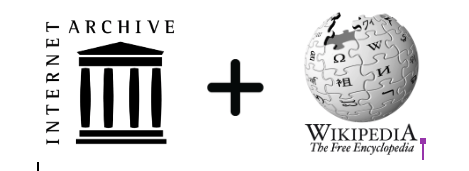Internet Archive | E-books | Copyright | Open Access
The Society of Authors has called on the website’s Open Library to stop
making scanned books ‘unlawfully’ available to British readers
by
Alison Flood | Tue 22 Jan 2019
 |
| The Society of Authors has called on the Internet Archive ‘to cease
making available to UK users the unauthorised lending of scanned books’.
Photograph: Model-la/Getty Images/iStockphoto
|
The Society of Authors (SoA) is threatening legal action against the
Internet Archive unless it stops what the writers’ body claimed is the unauthorised lending of books unlawfully scanned for its
Open Library.
Set up in San Francisco 1996 to preserve pages published on the
internet, the Internet Archive also collects digital books, offering
borrowers access to hundreds of thousands of titles through its Open
Library arm. Some are out of copyright, but the collection includes
books from authors including AS Byatt, Kate Atkinson, Hilary Mantel,
William Boyd, Philip Pullman and Iain Banks that are still in copyright
and currently available
to be borrowed in the UK.
According to its website, the organisation began digitising books in
2005, because “not everyone has access to a public or academic library
with a good collection, so to provide universal access we need to
provide digital versions of books”. Today the archive scans 1,000 books a
day in 28 locations around the world, through its
book scanning and
book drive
programmes – with the “ultimate goal of [making] all the published
works of humankind available to everyone in the world”. Users can borrow
up to five books at a time, with each loan expiring after two weeks.
Read more...



 If
leadership is mostly learned rather than an innate ability, then
continuous learning is a vital contributor to leadership growth. “Never
stop learning” is good advice, but it is one of those tasks that’s
easier said than done.
If
leadership is mostly learned rather than an innate ability, then
continuous learning is a vital contributor to leadership growth. “Never
stop learning” is good advice, but it is one of those tasks that’s
easier said than done.
